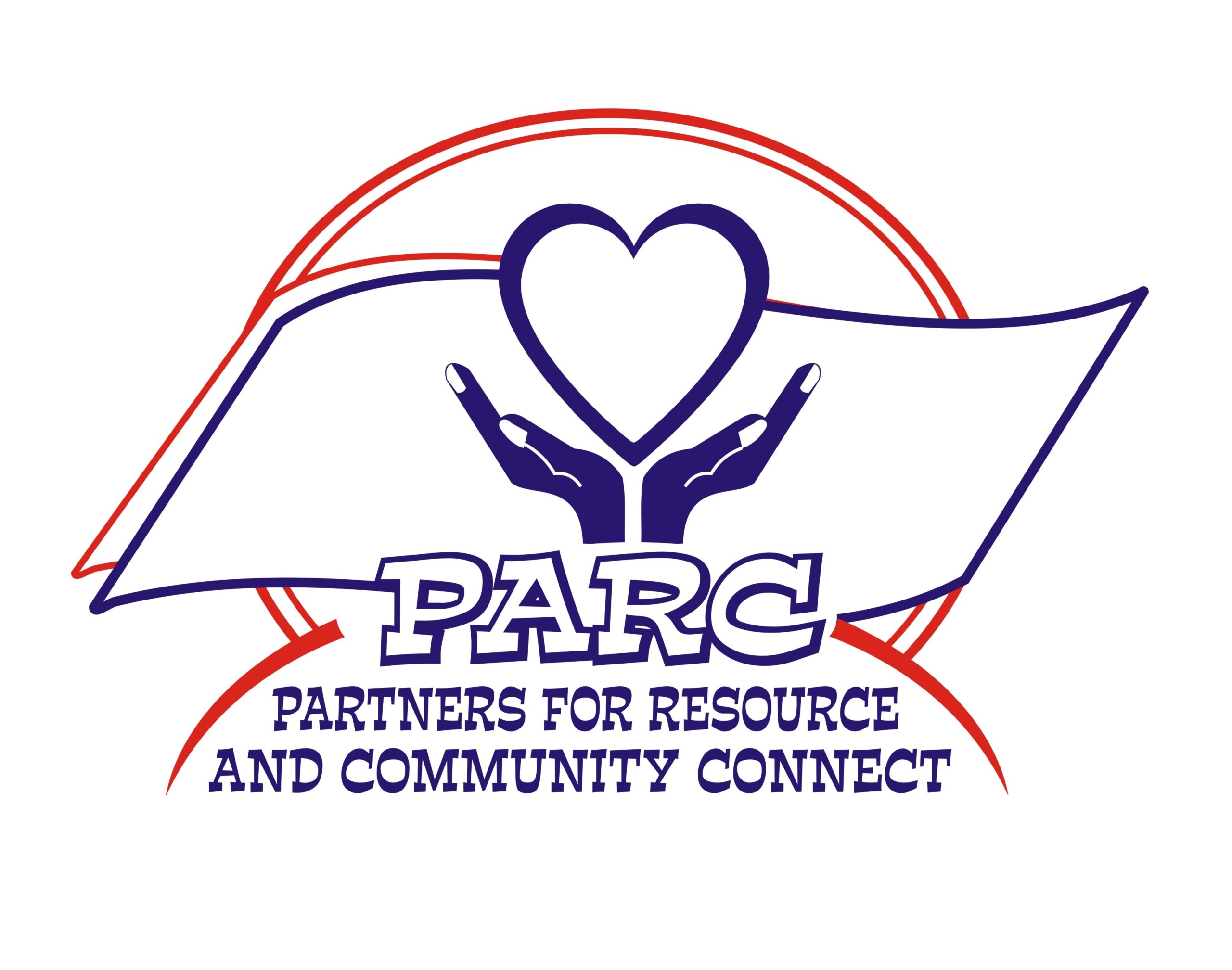In Uganda, the public health system is very poorly developed due to the limited state budget – the few health facilities can only care for a fraction of the population. In rural areas in particular, there is often a lack of affordable basic medical care, advice and preventive services. The shortage of medicines and health products is driving up prices for drugs and medical supplies that are available. As a result, two thirds of the population cannot afford medicines and suffer from diseases that are actually easy to treat.
PARC is working on a holistic approach towards ensuring a sustainable supply of affordable medicines and health /hygiene products, and strengthening the delivery of quality healthcare services to the rural communities through the following inter-related interventions;-
Supporting Health Facilities
Uganda’s key health and social development indices have been below expectations. With a physician density of only 0.117 physicians per 1,000 people (compared to 2.74 in the UK) and a hospital bed density of 0.49 beds per 1,000 people (compared to 3.1 in the USA), the country struggles with relatively high levels of morbidity and mortality from preventable causes. With government funding constrained, the government health centers are over-stretched, have inadequate resources, and fail to meet the health needs of the population.
PARC works to strengthen the public health delivery system of rural, stated aided health centers to ensure that there is the faster and effective diagnosis for early treatment and increased in-patient intake in six (6) ways:-
Provide preventative education and workshops on healthcare issues such as malaria, hygiene, and sanitation, STI/HIV testing and family planning options, etc.
Provision of the solar system to ensure sustainable lighting and power for refrigerators to store drugs and vaccines.
Provision of basic essential items (medical supplies and diagnostic tools) to assist in providing the maximum appropriate level of services at the local level.
Providing access to safe water since the lack of safe water at a health post can be a source of infectious diseases and represents serious risks to patients and health workers.
Empowering village health teams (VHTs) which function as a community’s initial healthcare contact, and creating referral networks whereby village health team (VHT) members alert PARC if a patient requires specialized care beyond local health facility capacity.
Bring access to essential medicines such as distributing malaria drugs, pain-killers, and anti-bacterias (subsidized by PARC so as to be affordable) to village households, both through direct sales at PARC Medical clinic and through setting up supply chains using the VHT.
HEALTH ACCESS FOR ALL
Supporting Village Health and ChildCare Teams (VHCTs)
Community micro-insurance:
Field patient program:
PARC CLINIC
Uganda’s key health and social development indices have been below expectations. With only one doctor for every 25,000 people, Uganda falls significantly short of the World Health Organization’s (WHO) recommendation of one doctor for every 1,000 people. The physician density in Uganda is only 0.117 physicians per 1,000 people (compared to 2.74 in the UK) and the hospital bed density is 0.49 beds per 1,000 people (compared to 3.1 in USA). The country struggles with relatively high levels of morbidity and mortality from preventable causes.
WE KNOW THAT IMPROVED HEALTH AND NUTRITION PLAYS AN INTEGRAL PART IN THE ALLEVIATION OF POVERTY.
If children are to learn and perform well at school, they need to be free of illness and properly nourished. To address this, we are planning a sustainable low-cost healthcare system consisting of school clinics and a static medical clinic. PARC will provide first aid services through school clinics operating in each of its schools. When more complicated cases arise, students will be referred to the PARC health center for more comprehensive medical treatment. PARC Medical Center will operate on a charity basis while complementing the free governmental healthcare system, as it works to provide quality medical services to the people at minimal costs (subsidized fee-based health care).
Our clinic model will give dignified and compassionate care to sick children and adults, enabling the children to continue attending school and receive an education. To promote ECD services, we will seek, nutritional and medical experts to help in designing a malnourished baby feeding program that includes formula, milk, bread, fruit, eggs, vegetables, and greens to ensure that children grow up healthy and strong in their critical first years. It will also provide care, treatment, and education to nursing mothers, women infected with HIV to prevent and/or eliminate HIV transmission from mother to child through its comprehensive Antenatal Care Services and the provision of formula milk and alternative feeding for infants.
In addition to providing first aid, basic check-ups, malaria testing, and medication, the school nurses will coordinate health promotion campaigns and workshops for the entire community. Additionally, we PARC will ensure to:-
- Provide 2 nutritious meals a day for all students and staff.
- Integrate general hygiene practices into the school curriculum.
- Include sexual reproductive health education (including family planning) in the curriculum.
- Teach students and teachers about the risk of HIV/AIDS and other STIs
- Ensure clean and safe drinking water is provided to all students and staff.
